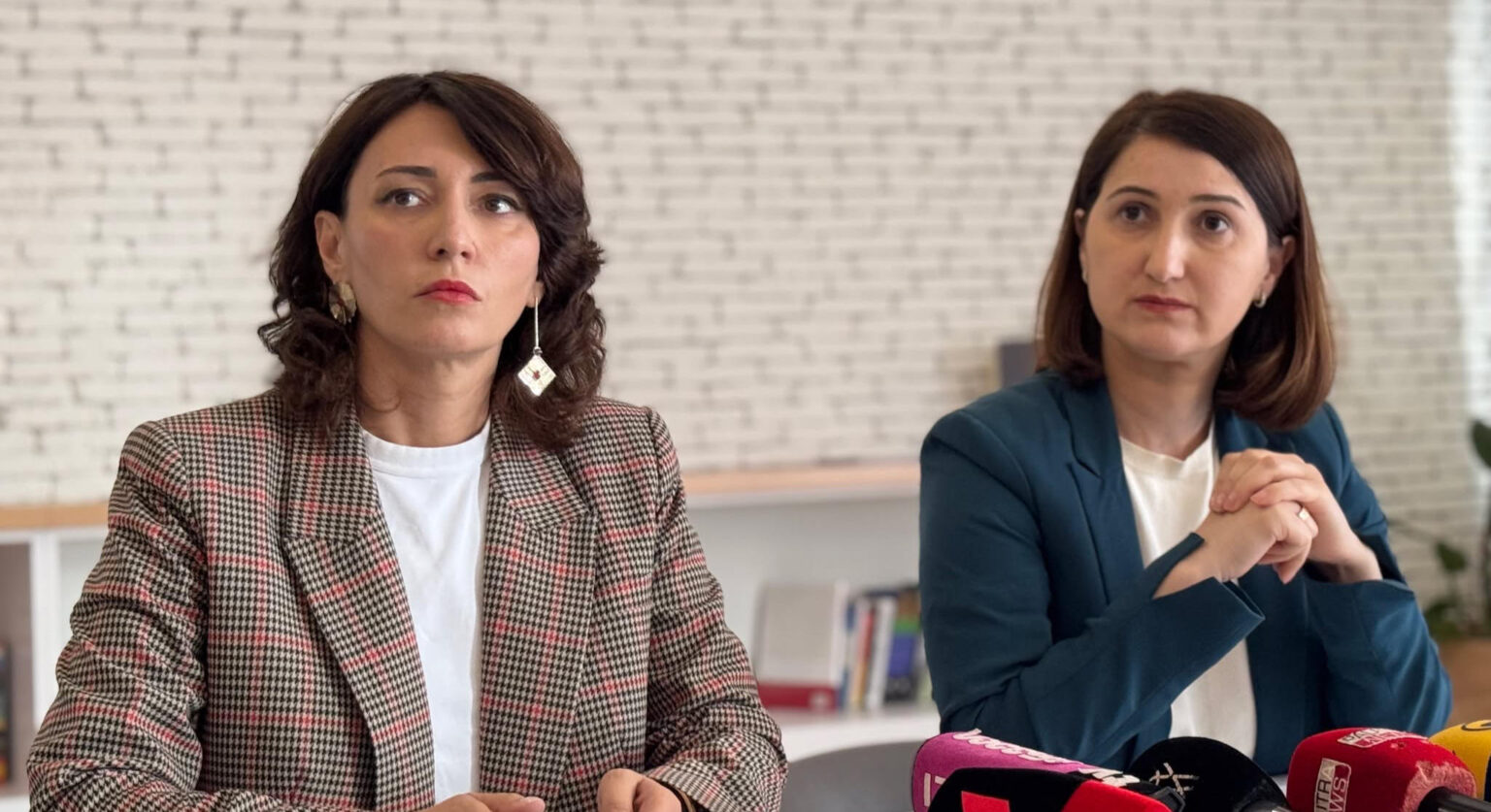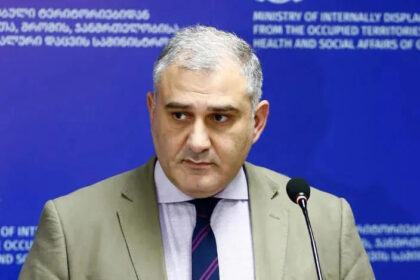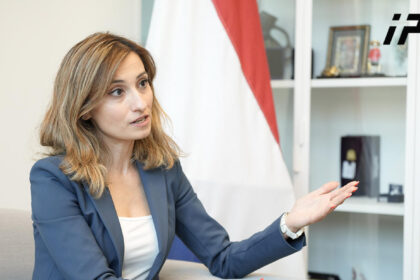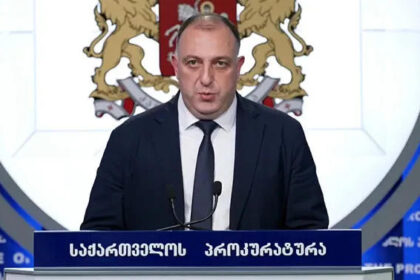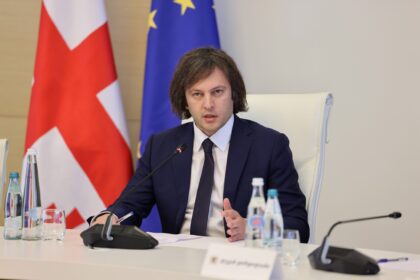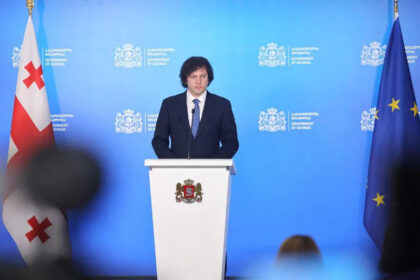**Government Accused of Falsifying Evidence in Highway Blocking Case**
In a shocking revelation, non-governmental organizations (NGOs) have accused the government of falsifying evidence and violating detention procedures in the case of eight people detained near Tbilisi Mall on February 2nd. Representatives from these organizations made the statements at a joint press conference.
According to Londa Toloraia and Eka Gigauri, the amendments made by the government to declare blocking the highway a criminal offense were done without parliamentary approval, which is undemocratic. They also pointed out significant legal violations in the case, including breaches of detention time limits and procedures, illegal personal searches, and unlawful evidence collection.
**Detention Time Limits Violated**
The law states that a person cannot be detained for more than 72 hours. However, all eight defendants were held beyond this limit, initially under administrative detention, then under criminal charges. The detention reports indicate that the individuals were administratively detained on February 2nd between 18:05 and 19:00, but there is no justification in writing for the extension of their detention.
The NGOs also found discrepancies between video evidence and police testimonies. In one instance, a person was seen being arrested by officers from the Special Tasks Department, while the administrative report states that he was detained by a patrol police officer.
**Illegal Personal Searches**
All eight defendants were subjected to personal searches during their criminal arrests without a court order. The search reports indicate that the following items were seized: ID cards, passports, a wooden cross, wallets, plastic cards, underwear, socks, belts, shoelaces, and cigarettes. None of these items have any connection to the alleged crime.
**The Charges Against the Defendants Are Unfair**
The NGOs also pointed out that if the Ministry of Internal Affairs considered road-blocking by protest participants as a criminal offense on February 2nd, then the individuals should have been arrested under criminal procedures from the start. Instead, they were detained sequentially under administrative and criminal procedures, which is a clear case of “intentional unlawful imprisonment.”
**Lack of Individualized Responsibility**
The indictments fail to specify the role of each defendant or the nature and extent of their involvement. Moreover, none of the evidence in the case confirms the existence of a group.
**Evidence Collection and Judicial Oversight**
The NGOs also raised serious doubts about the authenticity of video footage attached to the case, which shows only moments of arrest. The majority of police officers questioned provided identical statements. It is likely that the investigation agency created a Facebook account specifically to upload edited videos as evidence without court permission.
Furthermore, the judicial oversight in this case appears to be merely formal. Motions were approved on the same day, sometimes within hours or even less than an hour, indicating no thorough review of case materials by judges.
**Prosecutors and Judges Involved**
The NGOs also specified the names of prosecutors involved: Roin Khintibidze; Irakli Kvavadze; Ana Lekiashvili; Natia Kartvelishvili. The judges who approved the prosecutors’ motions for searches and seizures are Tamar Makharoblidze and Eka Barbakadze. Davit Kurtanidze is the judge who ruled on pretrial detention.
The defense has reviewed all case materials exchanged prior to the imposition of pretrial detention, and they conclude that evidence was falsified.
**Conclusion**
In conclusion, the NGOs have accused the government of falsifying evidence, violating detention procedures, and conducting unfair charges against the defendants. This incident raises serious concerns about the rule of law in Georgia and highlights the need for accountability within the justice system.




